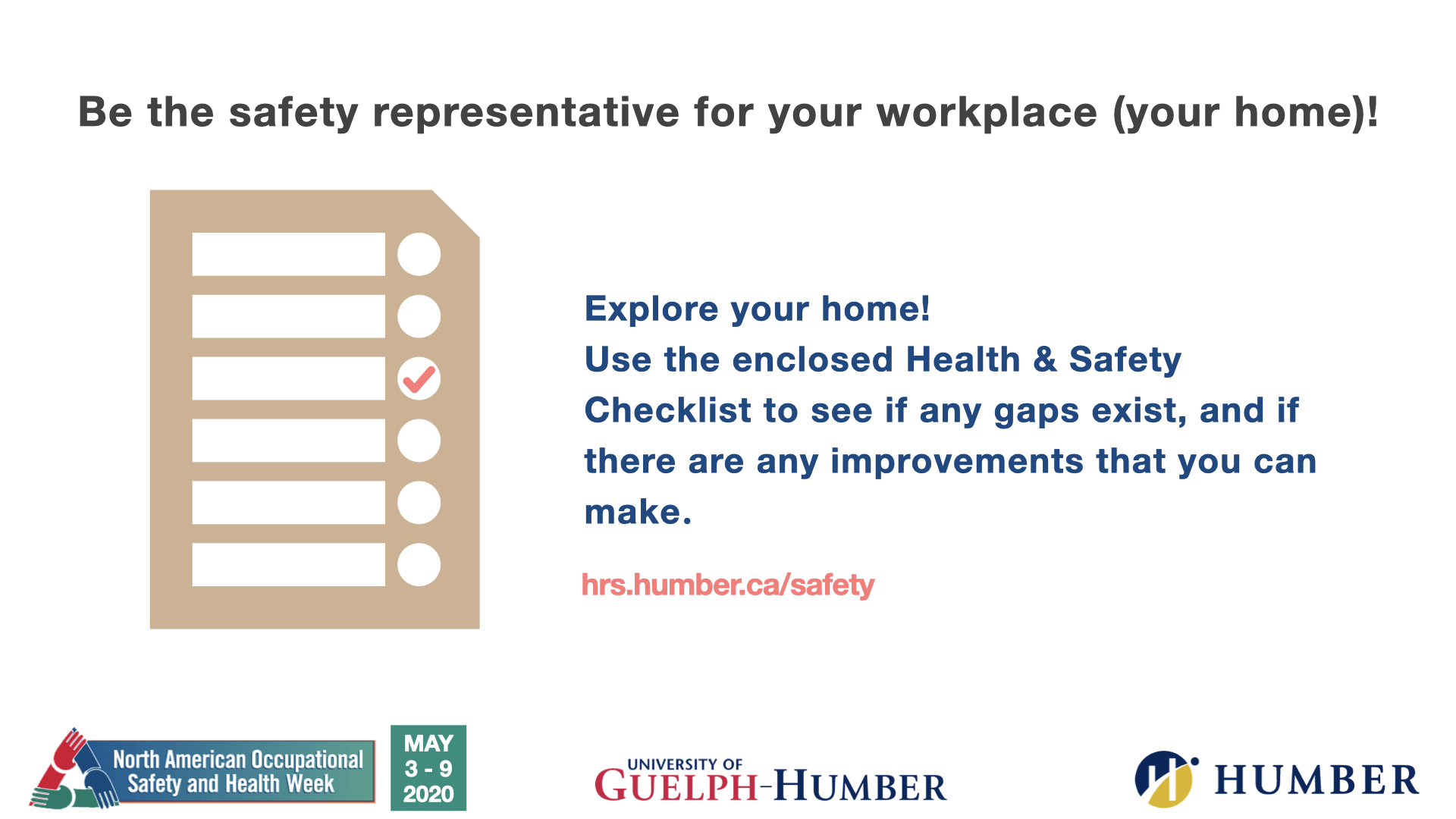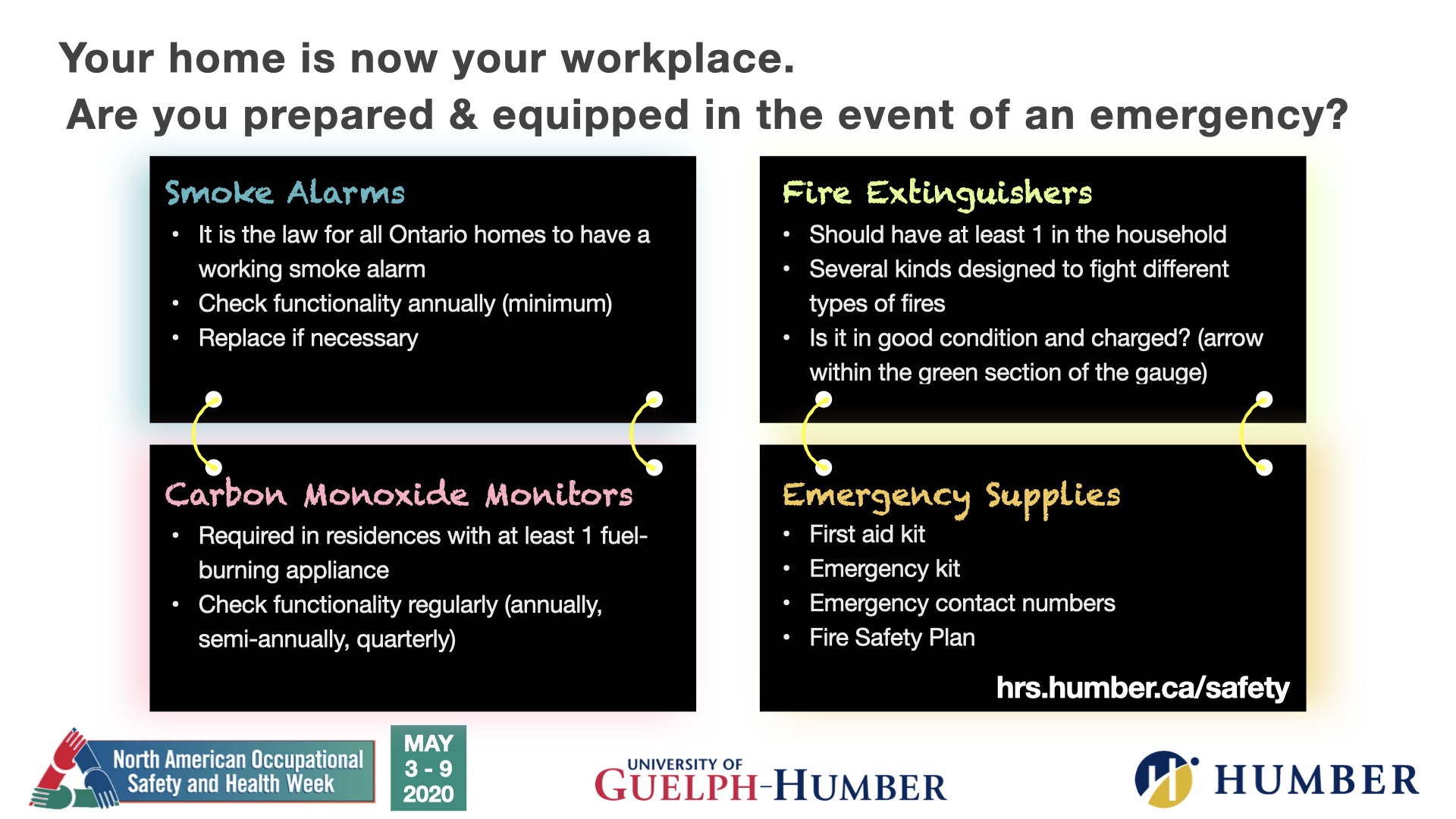Capstone Project EXPO is always an exciting event that showcases students’ skills and knowledge learned in their programs. It provides students, faculty and our industry partners the opportunity to come together to celebrate student success. Last year, Humber ICT (Information and Communications Technology) cluster held a very successful EXPO, highlighted in this video.
This year an even more exciting event was planned, including more featured programs and industry partners. Unfortunately, the event was cancelled due to COVID-19. While the cancellation is a disappointment for everyone involved, it could not stop the passion and commitment of Humber ICT students and faculty in completing and presenting their capstone projects. All the projects were completed in their physical isolation and presented virtually. Those projects are featured on our Virtual Expo page https://appliedtechnology.humber.ca/shows.html
Congratulations to all the capstone students and faculty members for excellent work and adaptation from a physical EXPO to a virtual online EXPO. Thanks to a capstone faculty, Timothy Wong, who stepped up and proposed an idea of Virtual EXPO. He worked with his student (Tam) to create a website, collect all the capstone project presentations, working with other capstone faculties and program coordinators.
A team of students (Rahel, Bhavya, Ali, and Patel) from the Project Management Graduate Certificate Program were also involved in creating a management framework using their project management skills for a physical EXPO. Next year, we are looking forward to use this framework to hold an exciting EXPO on campus at the Barrett CTI building.
Enjoy the presentations!






